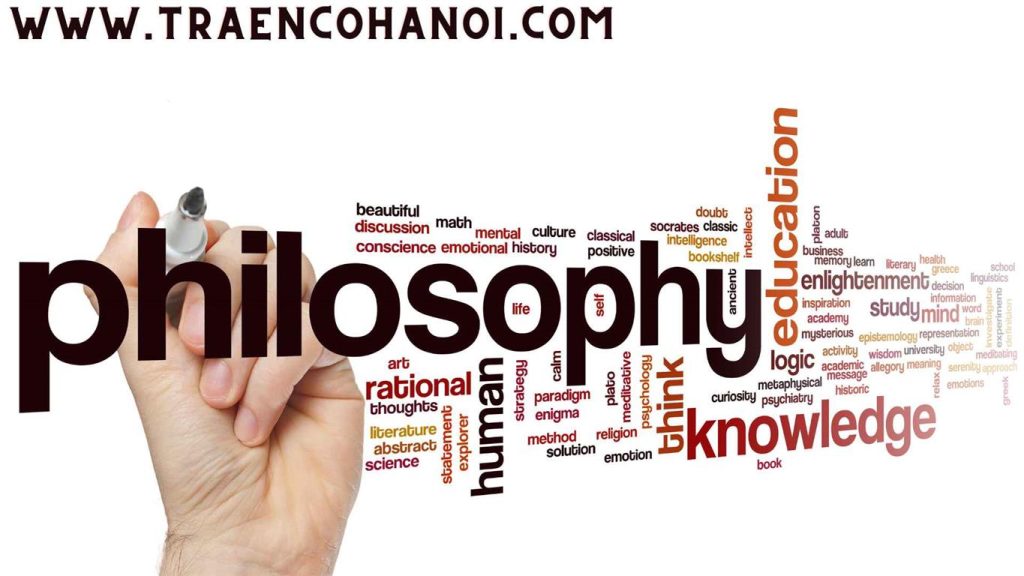
Introduction
Philosophy, taken from the Greek ‘philos’ (love) and ‘sophia’ (wisdom), which is considered to be the love of wisdom. It is a discipline that explores fundamental questions about existence, knowledge, values, reason, and more. Since ancient times, philosophy has served as the bedrock of human thought, influencing culture, politics, and sciences. This article delves into the fascinating realm of philosophy, its branches, and its enduring significance.
Historical Overview
The origins of philosophy can be traced back to ancient civilizations, notably among the Greeks with thinkers like Socrates, Plato, and Aristotle. These individuals questioned the nature of reality, morality, and knowledge. They were followed by Roman philosophers like Seneca and Marcus Aurelius, who delved into Stoicism. As centuries unfolded, philosophy blossomed in various parts of the world, including India, China, and the Middle East, each adding unique perspectives.
Branches of Philosophy
- Metaphysics: Concerned with the nature of existence and reality, metaphysics asks questions like, “What is being?” and “Do we have free will?”
- Epistemology: This is the study of knowledge. It explores how we know what we know, the nature of truth, and the limits of human understanding.
- Ethics: It deals with morality and the principles that govern human behavior. Philosophers like Immanuel Kant and John Stuart Mill have provided significant insights into moral philosophy.
- Aesthetics: This branch delves into the nature of art, beauty, and taste. It’s about understanding the emotional responses invoked by art and aesthetics.
- Logic: Logic is the systematic study of valid inference and reasoning. It provides the rules that guide sound thinking.
Significant Philosophical Concepts
- Existentialism: Rooted in the works of Søren Kierkegaard and Friedrich Nietzsche, existentialism grapples with individual freedom, choice, and responsibility. Notable existentialists like Jean-Paul Sartre emphasized the individual’s quest for meaning in an indifferent universe.
- Utilitarianism: Proposed by philosophers like Jeremy Bentham, this theory suggests that the best action is the one that maximizes utility, usually defined as one that maximizes happiness and reduces suffering.
- Nihilism: This philosophy posits that life lacks inherent meaning, value, or purpose.
- Dualism and Monism: Dualism asserts that mind and matter are distinct and separable, while monism believes that they are the same substance or reality.
Philosophy in Modern Times
In contemporary times, philosophy has intersected with science, politics, and other disciplines. Philosophers today grapple with issues like artificial intelligence’s moral implications, the nature of consciousness, and socio-political constructs. Feminist philosophy, post-colonial thought, and environmental ethics are some of the emerging fields in recent decades.
Why Philosophy Matters
Philosophy encourages critical thinking and fosters a spirit of inquiry. It pushes us to challenge our assumptions, refine our beliefs, and engage in constructive discourse. By contemplating profound philosophical questions, we gain clarity on our values and principles.
Moreover, philosophy provides tools for introspection. It allows individuals to explore their inner worlds, understand their motivations, and navigate the complexities of life with a grounded perspective.
Conclusion
Philosophy, in its essence, is an eternal quest for understanding. It is a journey that transcends cultures, epochs, and personal beliefs, uniting humanity in a shared pursuit of knowledge. While it may not always provide concrete answers, offers a framework for asking the right questions, pushing the boundaries of human thought, and seeking meaning in the vast tapestry of existence.




